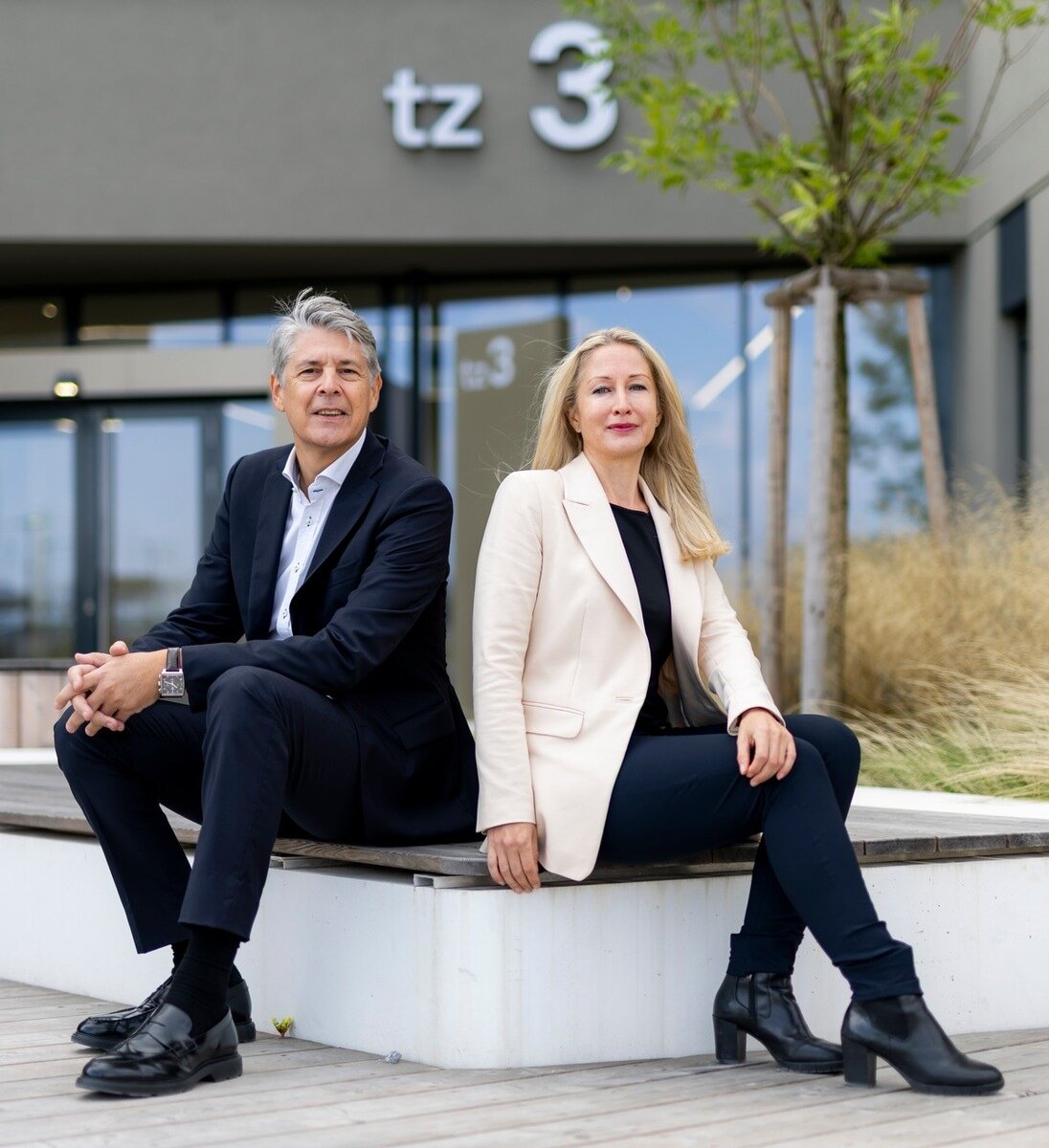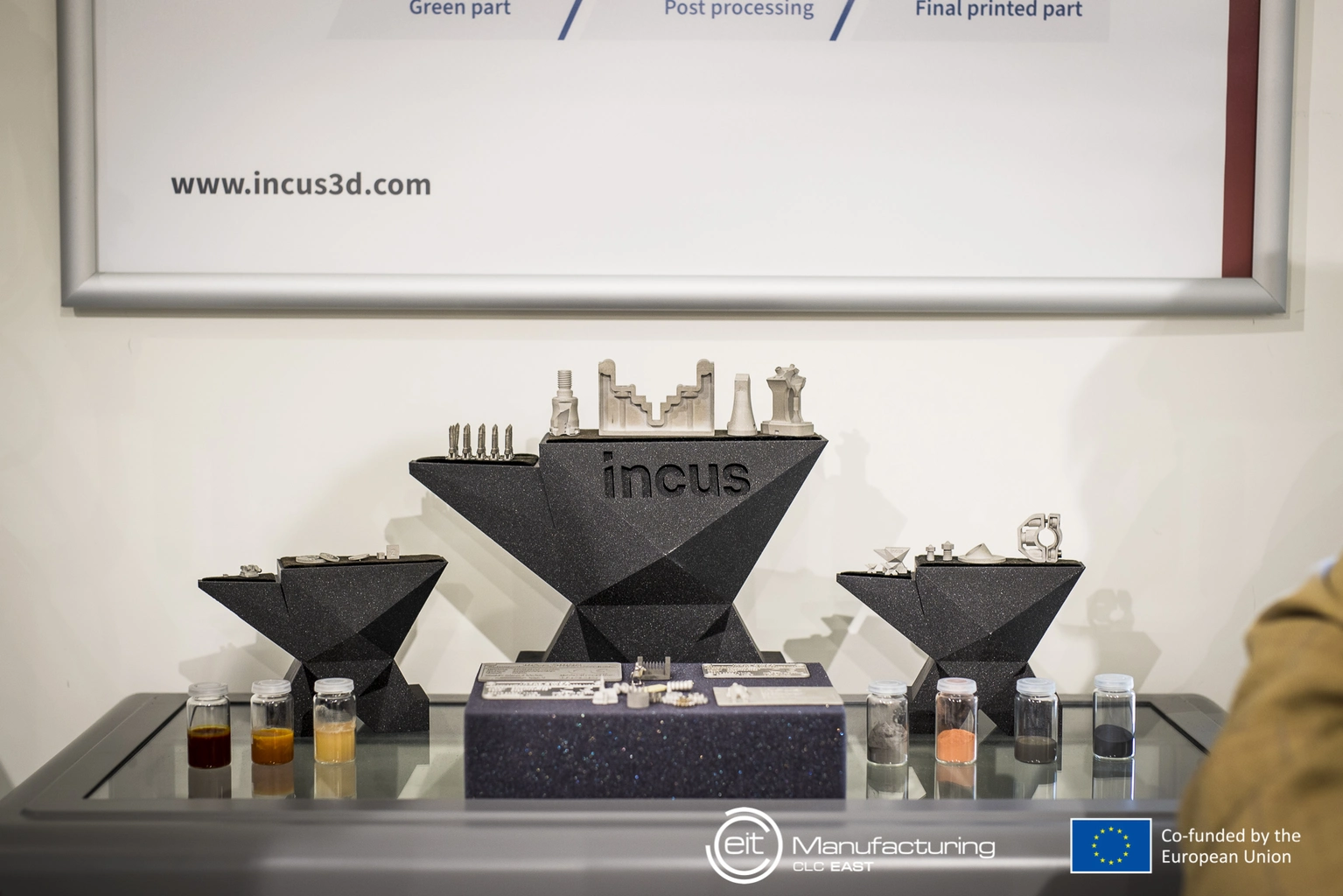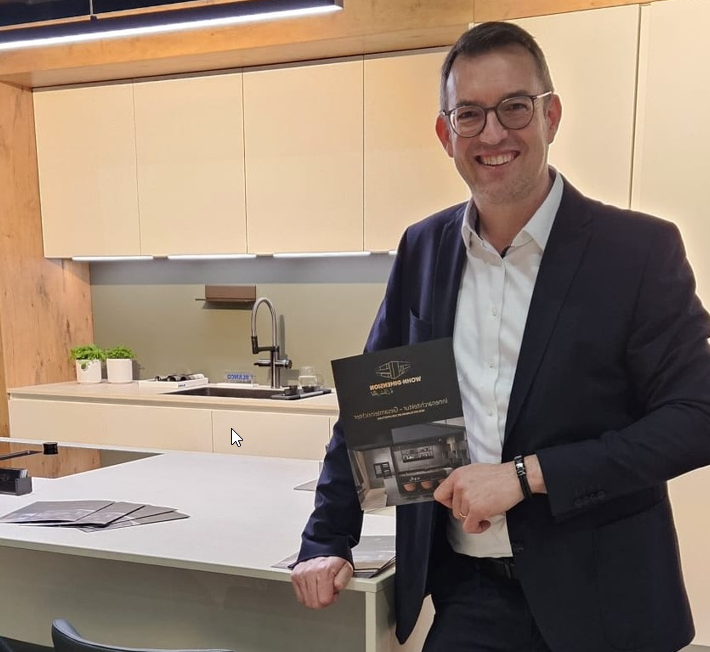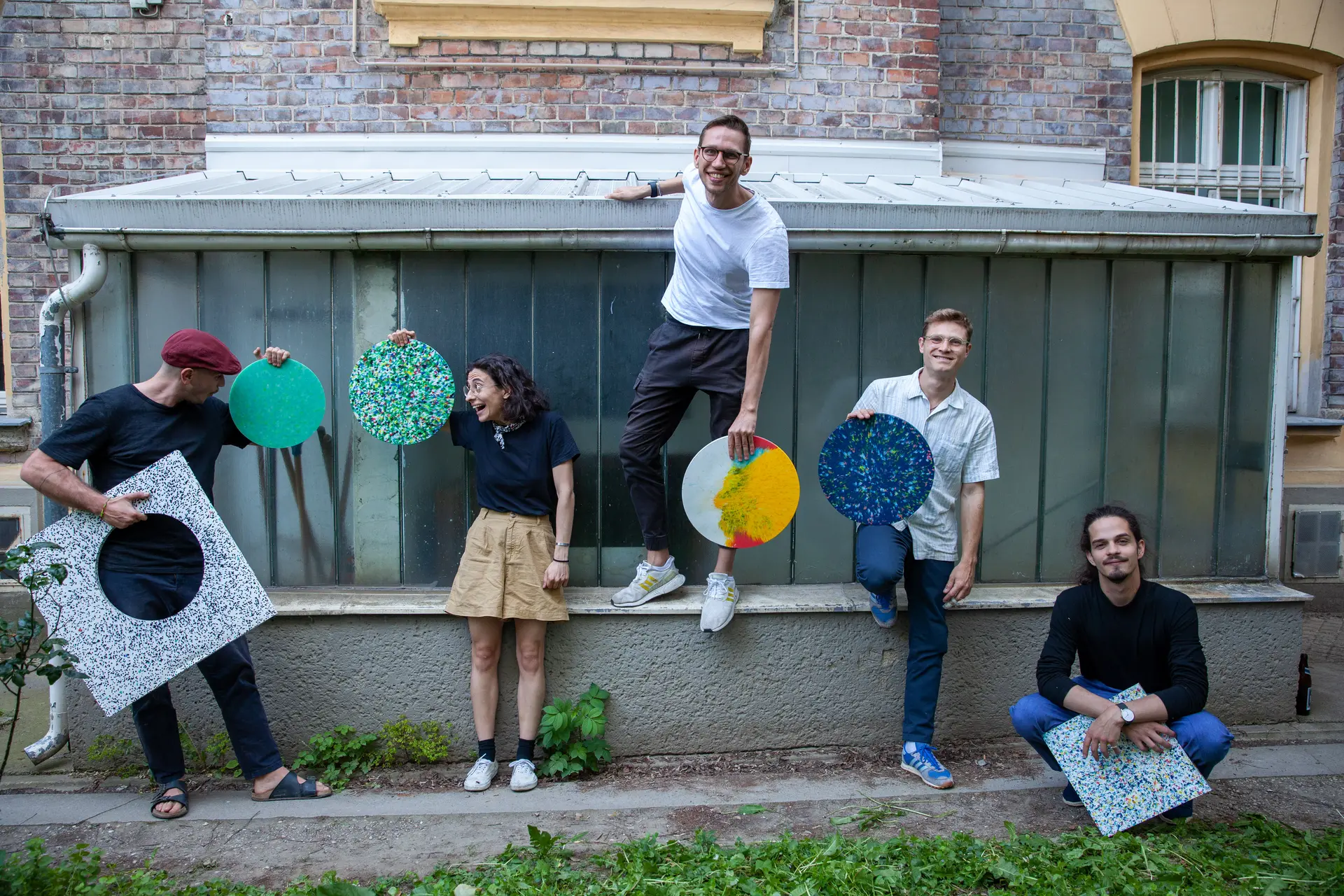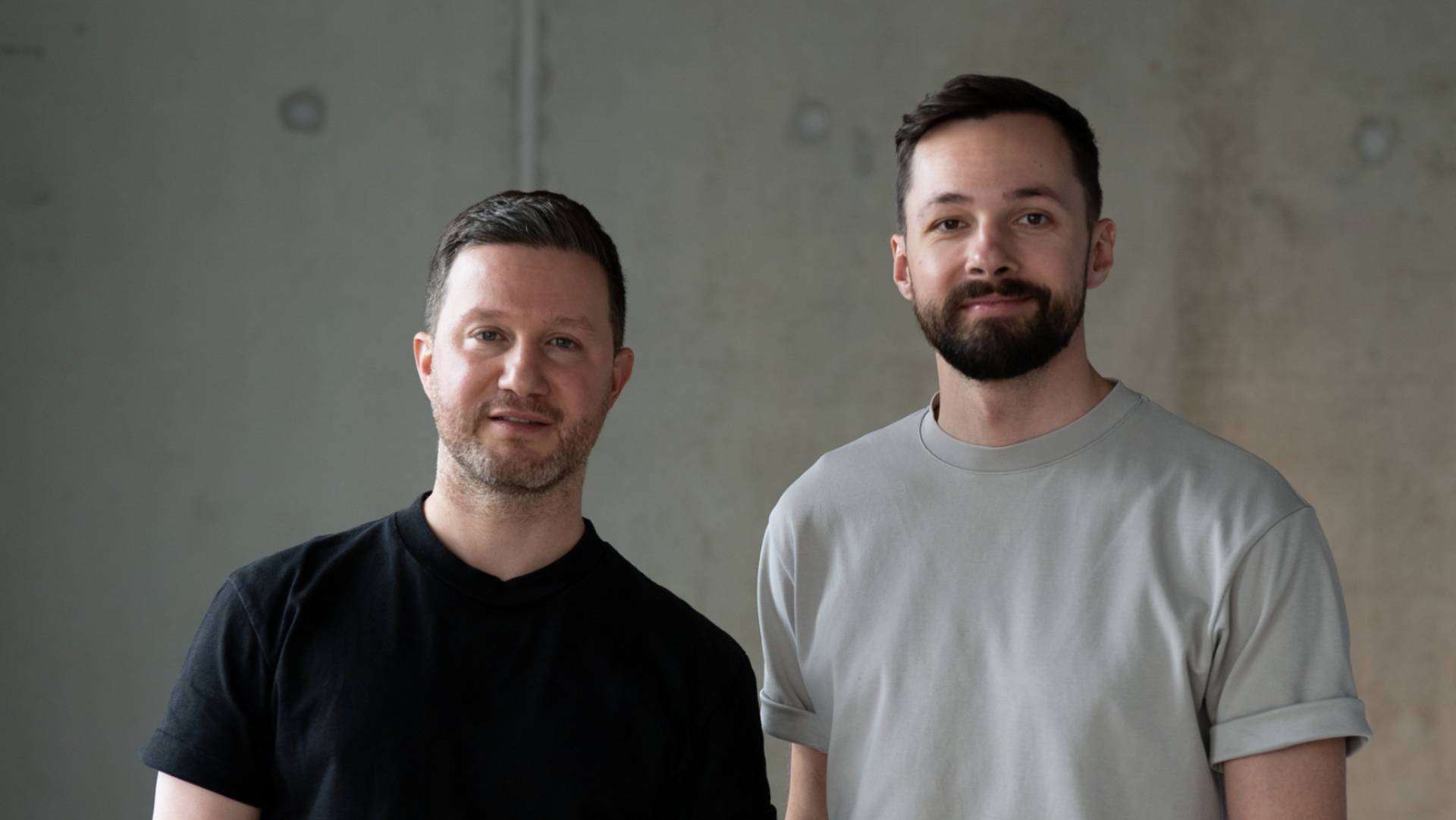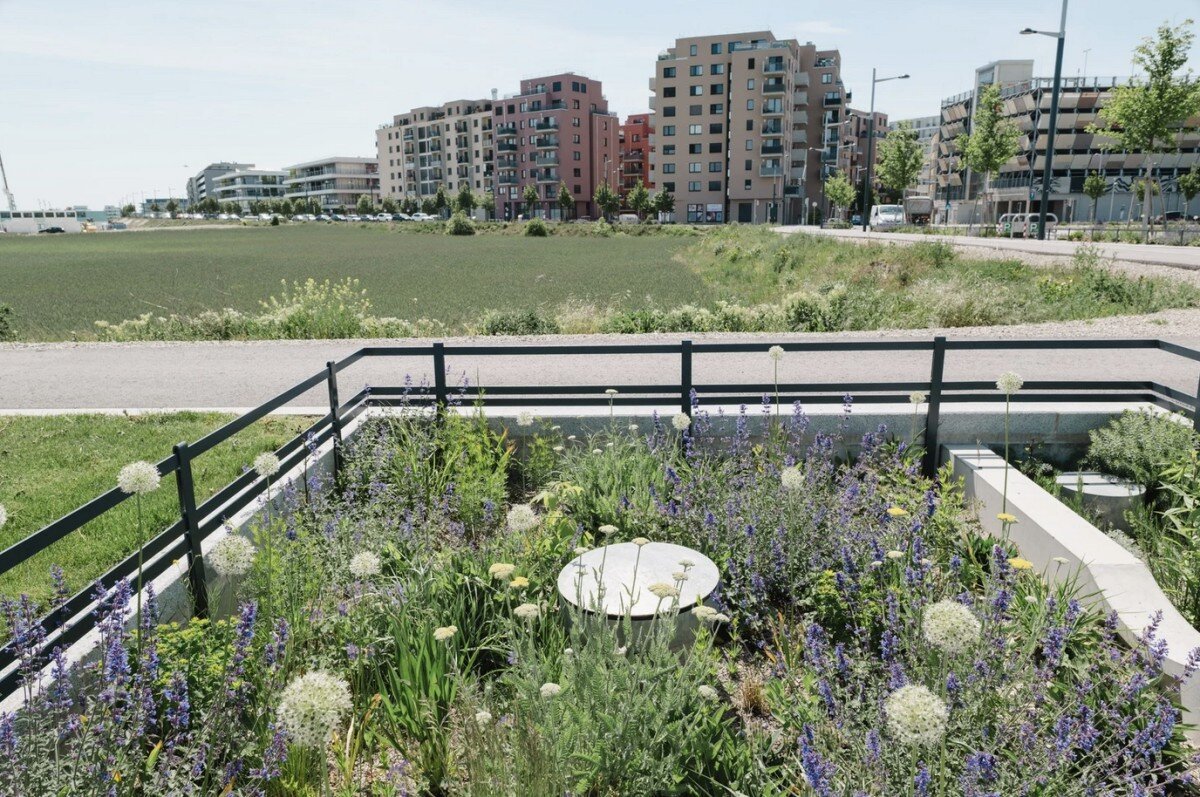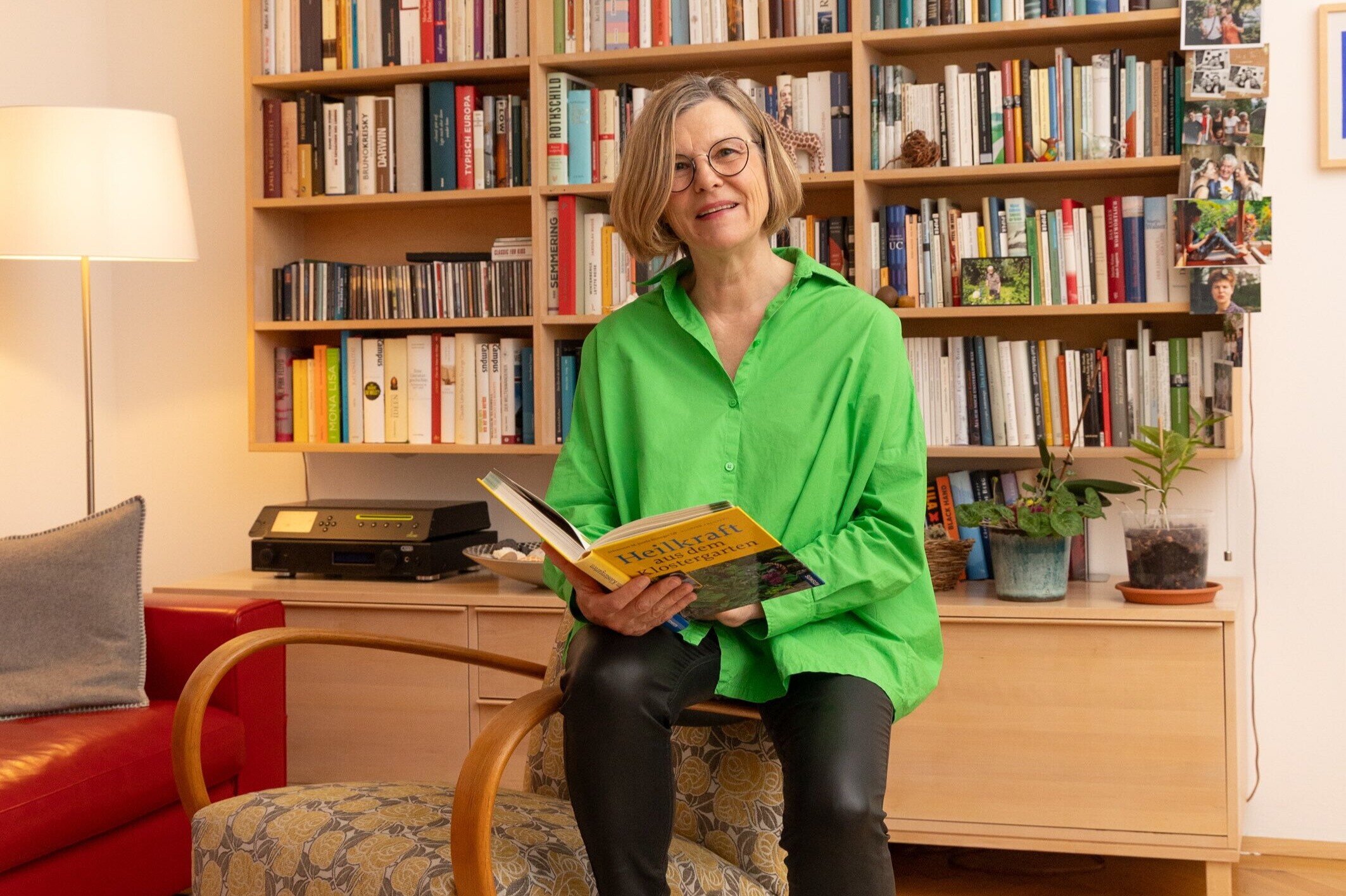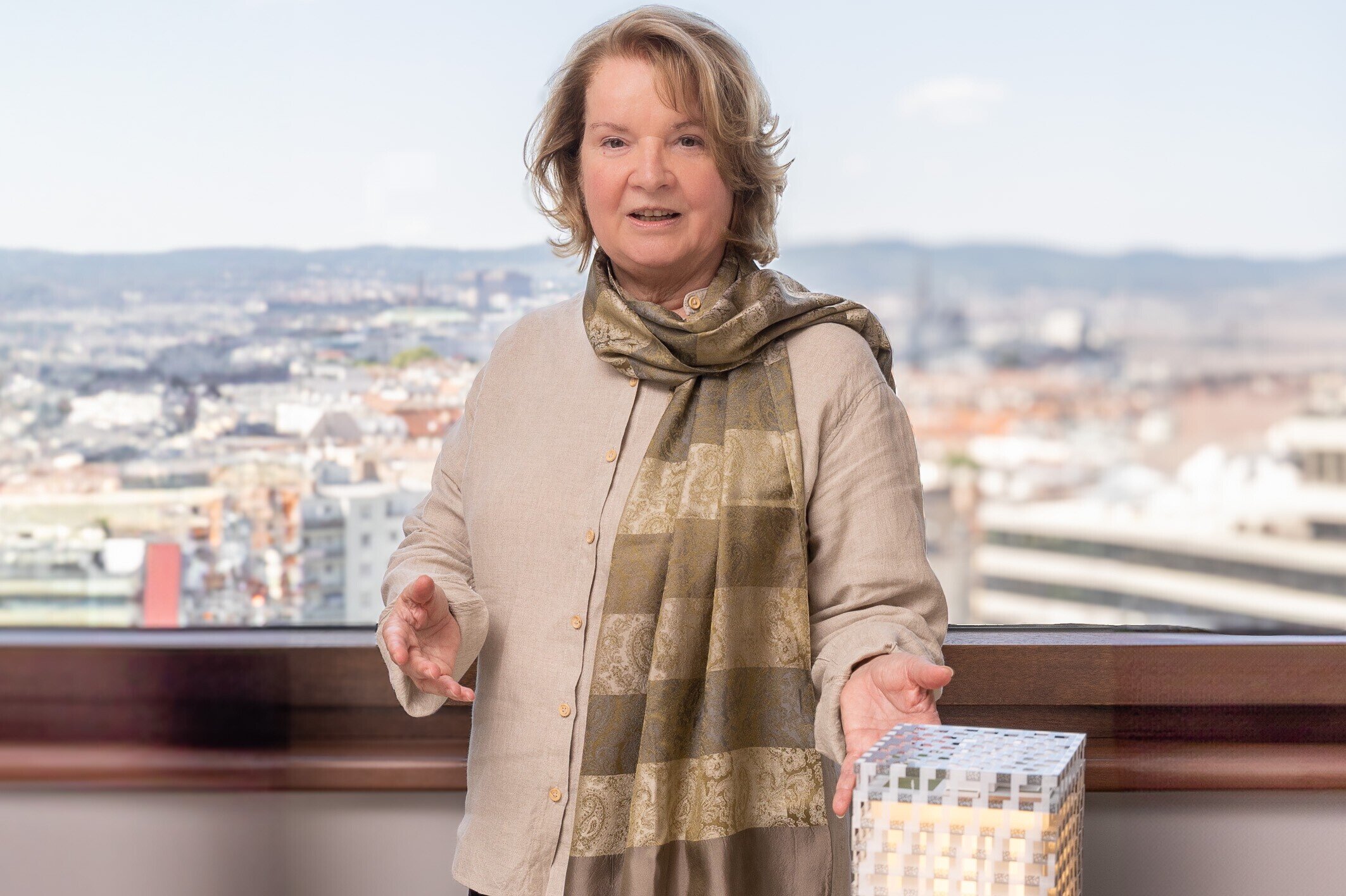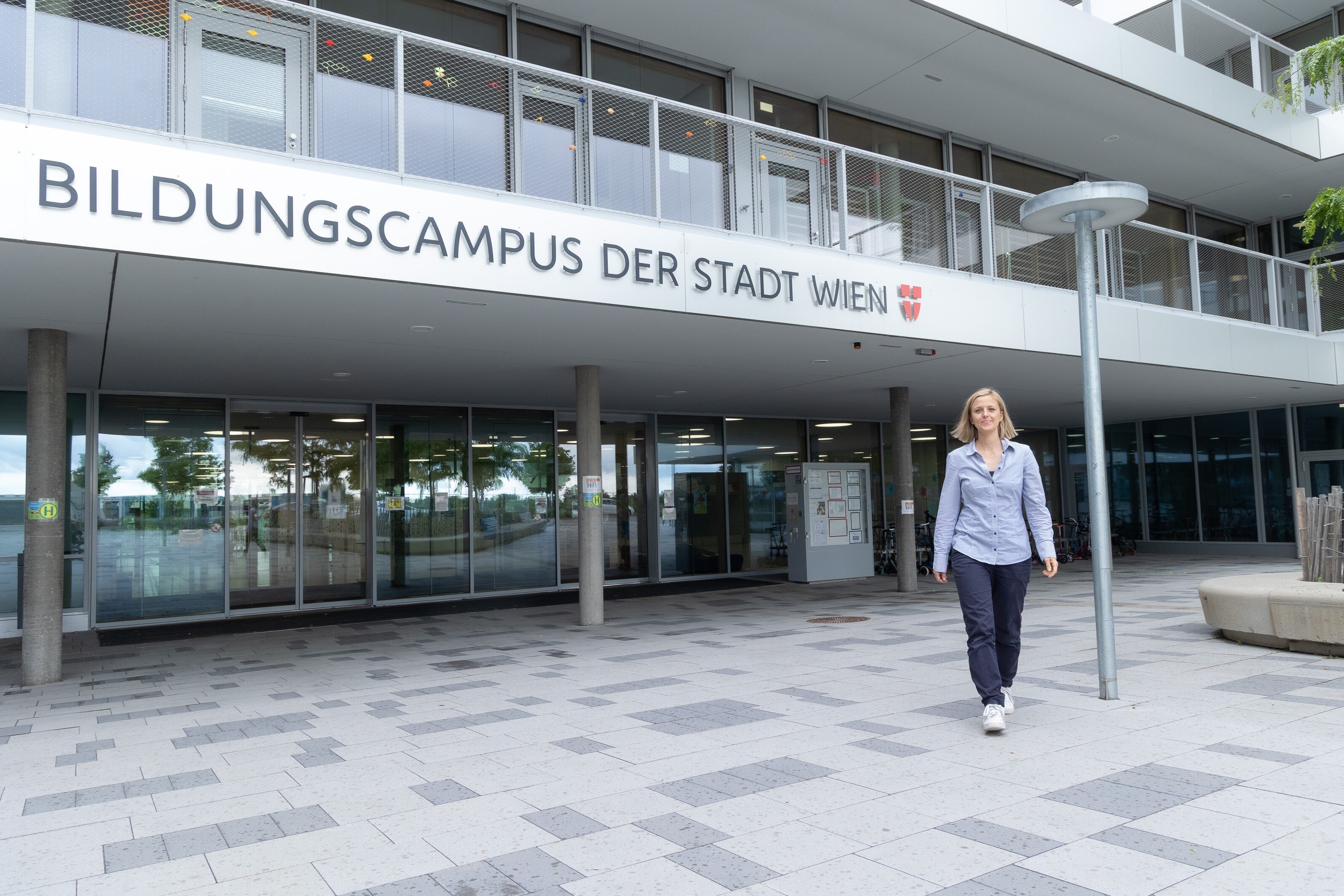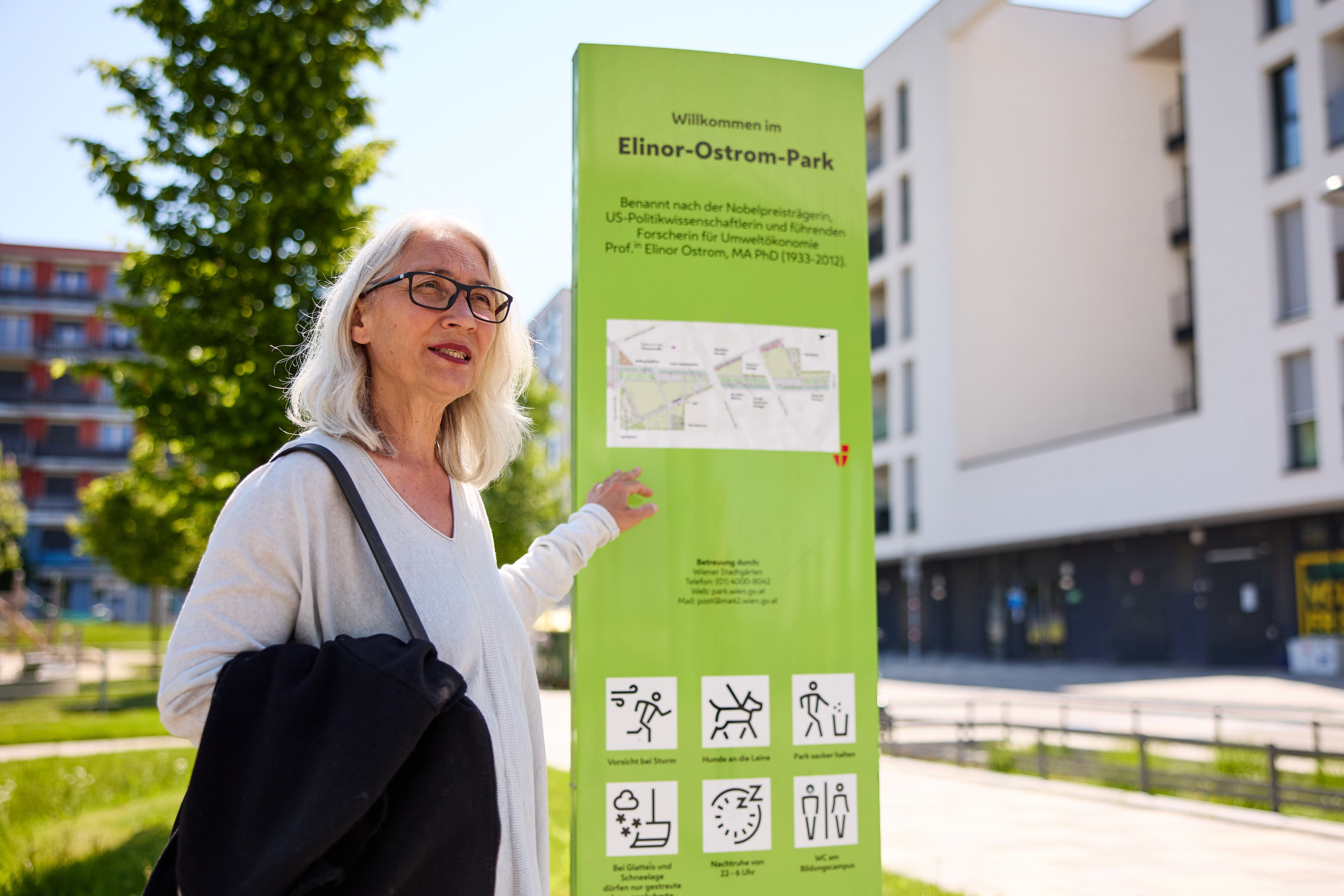Author
Wien 3420 AG
Published on 01.01.2024
From the business magazine "Workflow"
01/2024 Team Spirit
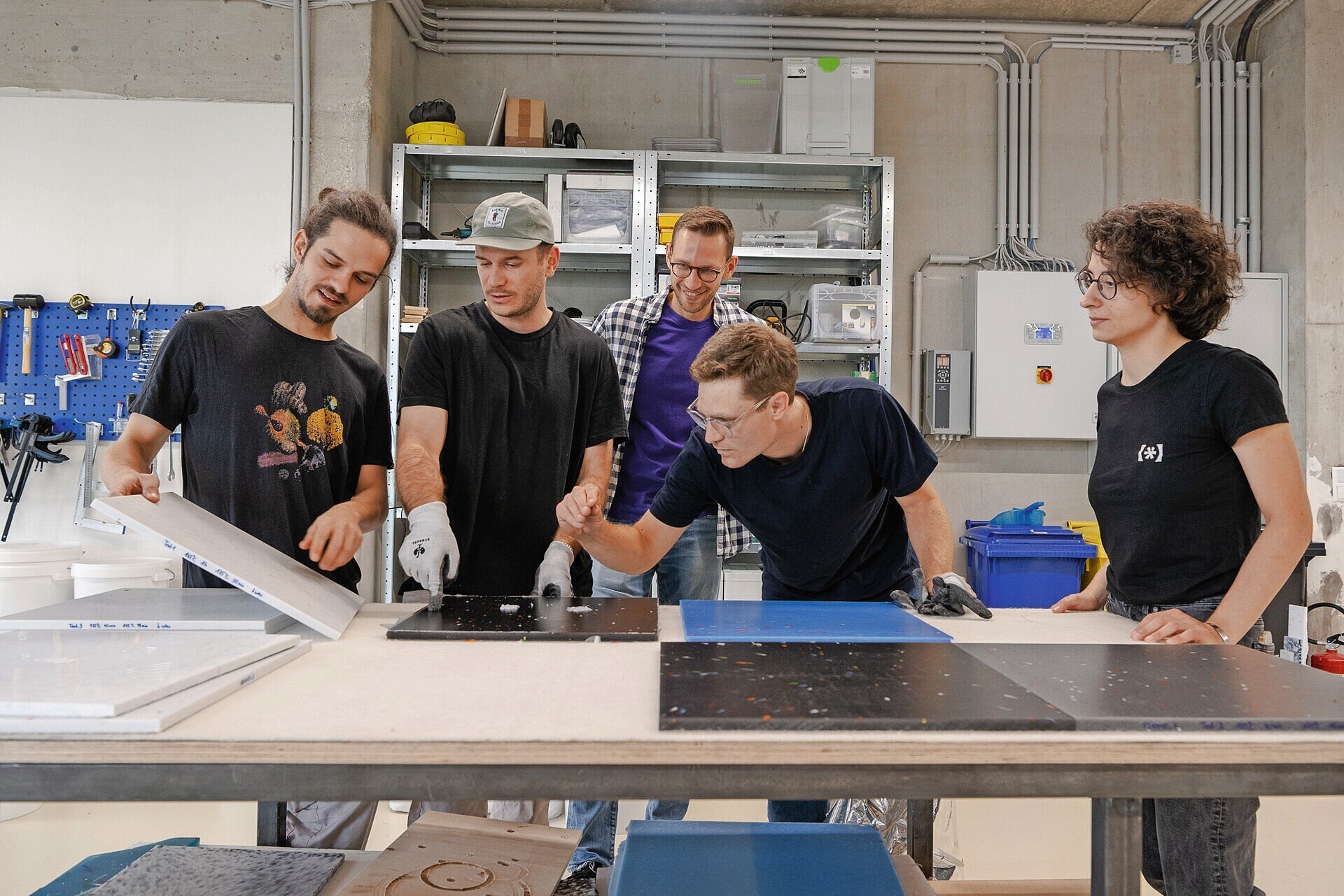
The Gewerbehof and the Seestadt Technology Center: these are two new hotspots of Vienna’s start-up scene, both built and operated by the Vienna Business Agency, both located in aspern Seestadt. Seven companies, mainly from the production sector, have already moved into the still-young Gewerbehof, where they find ideal conditions with especially flexible usage options.
A few hundred meters further up Sonnenallee is the Seestadt Technology Center, offering 13,000 square meters of rental space in two buildings. These are already 90 percent occupied, and a third building is under construction. Companies, research and development hubs (such as the pilot factory for Industry 4.0 or the manufacturing focus of the European Institute of Technology) have settled here – as well as ten technology-driven and research-oriented start-ups, including the company nagene. Their declared goal: nothing less than to revolutionize the field of gene synthesis.
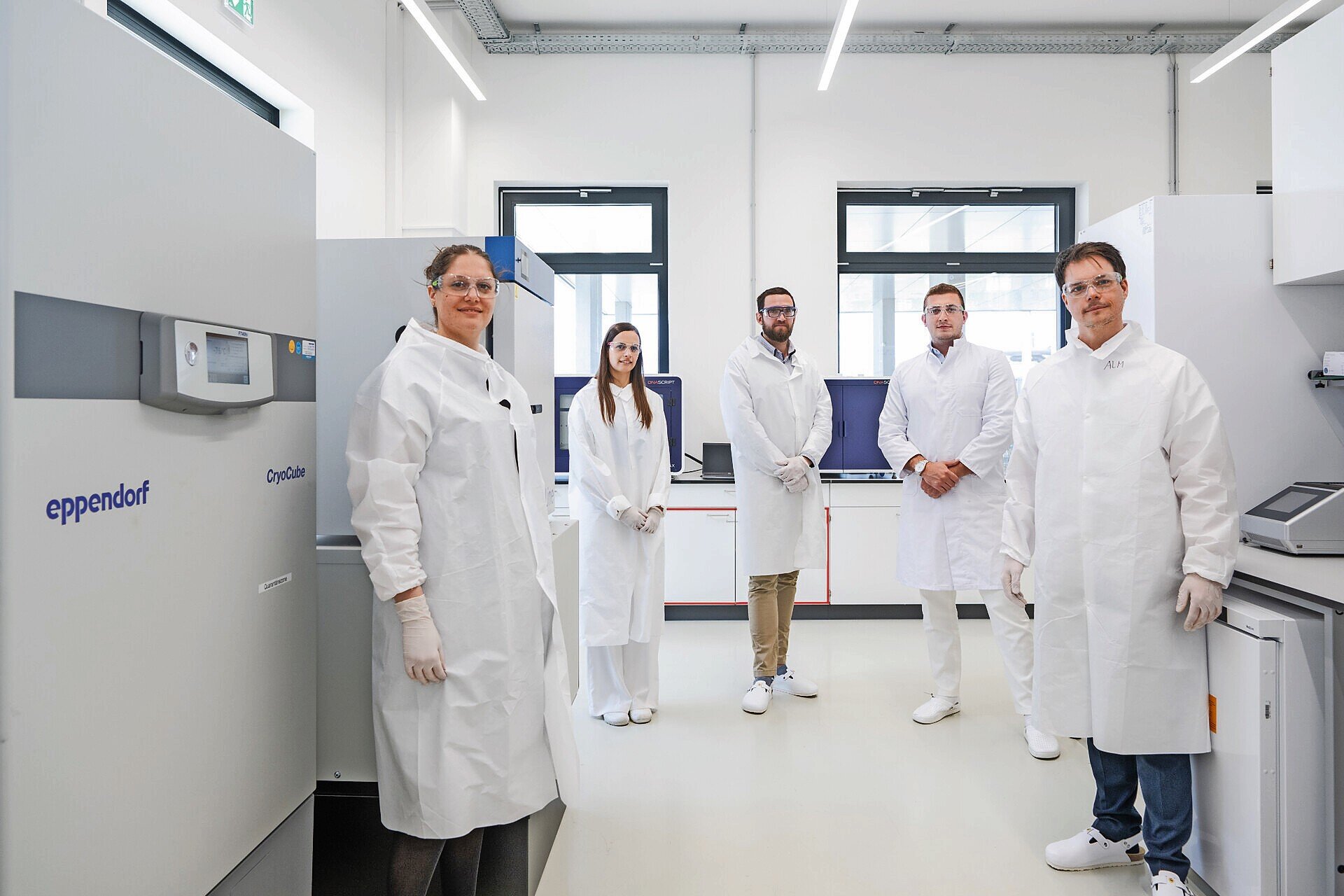
Success story. The business idea of the three founders of nagene, to produce modified endogenous genes, is also attracting great interest from foreign investors. nagene.at
© Luiza Puiu
Great interest
A start-up and an idea that is attracting huge interest from investors and international biotech giants: the team around founders Natascha Vujicic, Florian Höfig, and Alexander Makula launched the production of modified genes at the Technology Center in early June after long and intensive preparation. “Especially in relation to cancer, there are clinical studies in which the injection of modified endogenous genes stimulates the immune system to fight cancer. Initial clinical trials by pharmaceutical companies are already underway here,” explains Alexander Makula. The special feature is an optimized process developed by nagene that massively shortens the production time for modified genes and sets unique quality standards. The start-up aims to become the first gene synthesis company to receive a GMP certificate (Good Manufacturing Practice). “Gene synthesis is only one step in the production of drugs based on modified endogenous genes. It is essential that all components are produced at GMP level,” emphasizes Makula.
Goal: GMP Certificate
In June, nagene started production. The goal: to obtain the GMP certificate by 2026. ISO certifications (9001 and 13485), which are considered a precursor to GMP, are also planned for 2024. “Our entire process is already conducted in a GMP-like manner. This means we meet almost all GMP requirements, even though we don’t have the certificate yet,” explains Makula. This includes strict supplier controls, SOPs (Standard Operating Procedures), qualifications, and validations. According to the company, the process is so revolutionary that international biotech giants have shown great interest in collaborating.
“You don’t learn gene synthesis at university, but in practice. Here, we’re very fortunate to have Florian and his 13 years of experience,” Makula points out about his co-founder Höfig. Until the final GMP certificate is obtained, nagene places great importance on making the entire process GMP-like from the start. Speed (TAT – Turnaround Time) is also a crucial factor in this complex development process. The faster the genes are produced, the faster mRNA medicines can be developed. “This helps ensure the safe supply of medicines, even if they are initially only used in clinical trials,” explains Makula.
A massive expansion of the 150 square meters of laboratory and office space to more than 2,000 square meters in the neighboring Technology Center 3 is already planned by May 2025. An international investment of one million euros came at exactly the right time. “In December 2023, we happened to meet an investor. After a few presentations, the investment was secured,” recalls Makula. “At that time, we hadn’t even moved into the offices yet.”
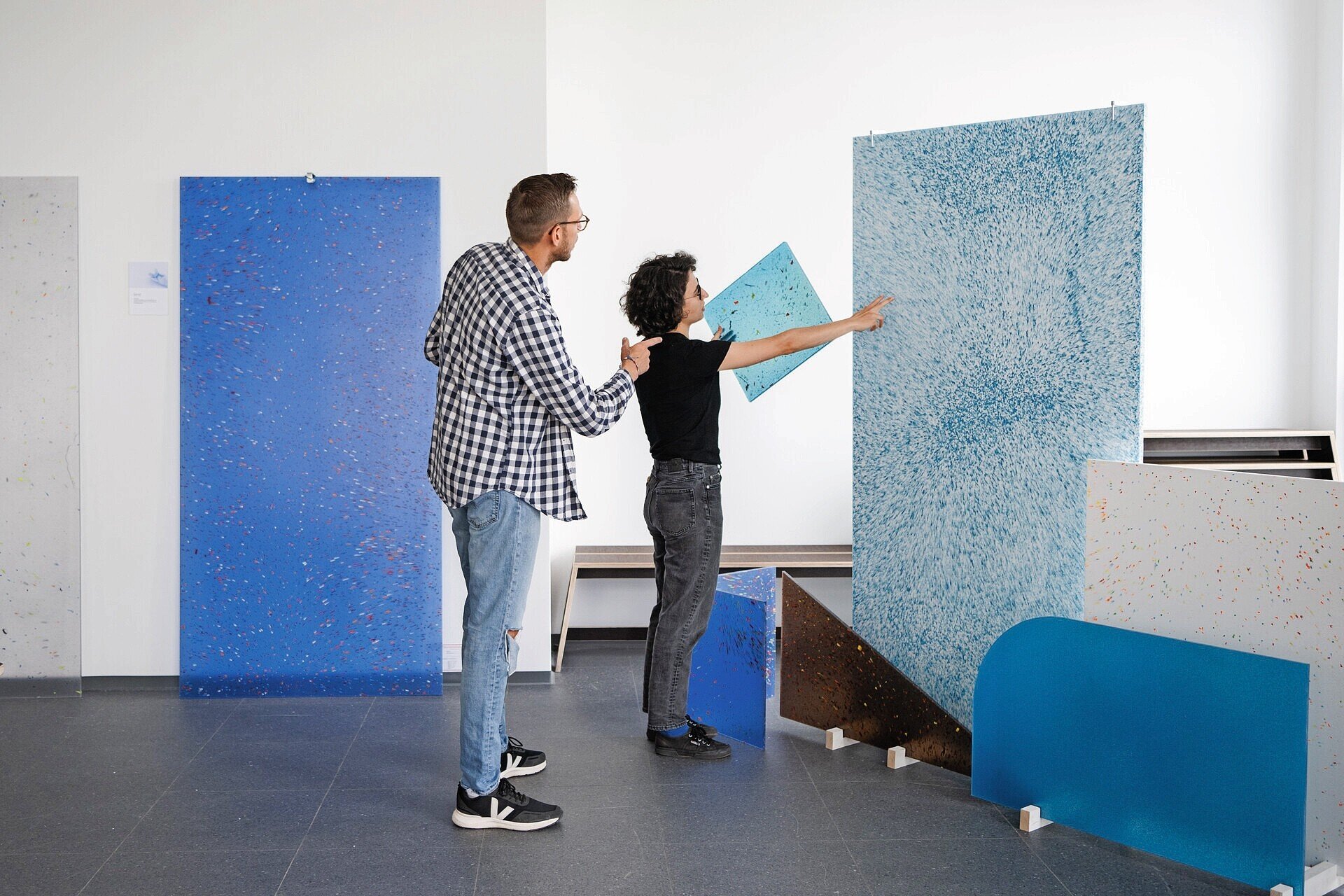
Sustainable. Fantoplast products are versatile, whether used as wall cladding, table or worktop—peace of mind included. © Luiza Puiu
A new kind of plastic recycling
The start-up’s success story began with the association “Precious Plastic Vienna,” based at Vienna’s WUK since 2018. But the five equal founders of Fantoplast, all managing directors, wanted more. “We decided to work with PET-G, a material very similar to that used in PET bottles, but mostly used for industrial purposes,” explains Alessia Scuderi, one of the “Fantoplastic Five.” “We source the material from our recycling partner in Traiskirchen to keep transport routes short.” The PET-G waste that later becomes Fantoplast panels comes from the production of plastic packaging, but also from plastic sheets for cable cars.
“We are a multidisciplinary team, already knew each other, and shared the desire to do something in sustainability and product design,” Scuderi recalls the first steps of the protagonist quintet toward their own company. The founding process began in summer 2022; until moving into the business park, they tested, researched, and learned the basics of materials science. The key question: “How can we close material cycles right from the start?”
The focus was not on building a huge company.
“We wanted to do something good, something that makes us happy.”
Alessia Scuderi
Supported by funding from the Vienna Business Agency and Austria Wirtschaftsservice, the production site in Seestadt was established in December 2023. “We’re still in the build-up phase and working full throttle,” Scuderi is pleased with Fantoplast’s development. “It’s incredible that only five months have passed since then.”
Clean, hot- and cold-pressed
“We wanted to work holistically and offer something that is high-quality and versatile,” explains Scuderi about the decision to produce recycled panels. “They are extremely solid, have a food-safe, clean surface, are easy to clean, and contain no additives.” The resulting panels, available in various designs and thicknesses, are suitable for use in wet rooms or as worktops and tabletops.
“Currently, the five founders do everything themselves and operate the hot and cold presses, which were custom-made for us,” says Scuderi. Additional services include custom cutting and, for larger quantities, custom designs. For now, production is limited to about 100 panels per month. However, they are already featured in the material portfolios of some architects and design studios – and perhaps soon in apartments, restaurants, or offices.

